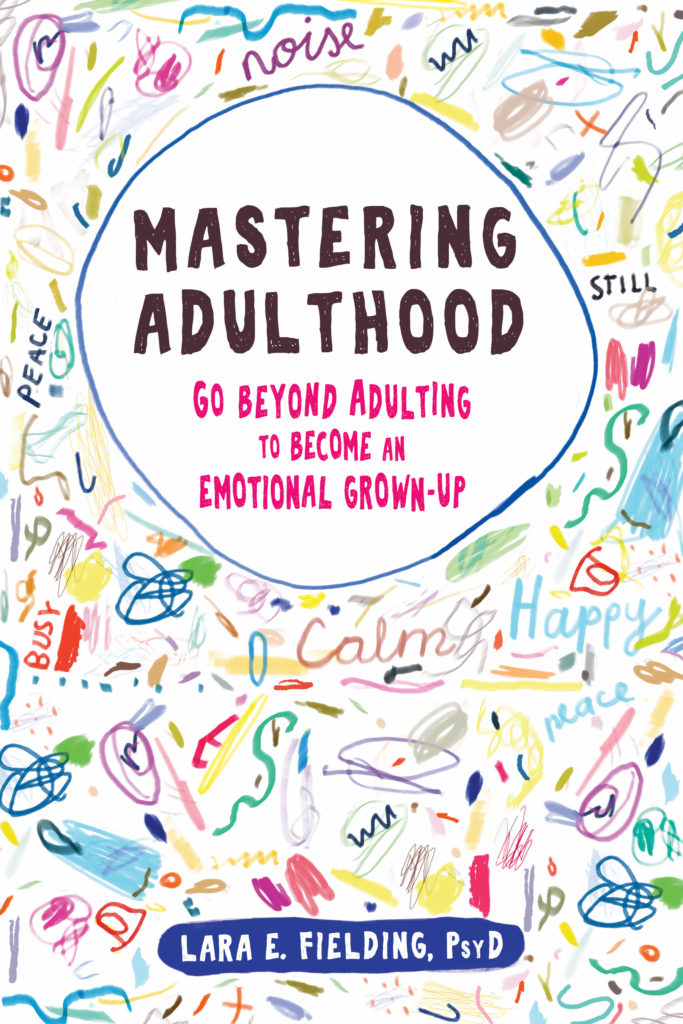You knew it! It was so obvious! You’ve seen this sort of thing so many times before – there was absolutely, positively, not a doubt in your mind. And then….
You were wrong….
We’ve all been there. A gripping thought – a tacit assumption – a core belief, which just feeeels so true. A strong emotion gets triggered and we can’t even imagine an alternative.
This is what it feels like when we are hijacked by past experience. Ultimately, mental health, and good therapy, is about learning to know the difference between what is real and what is in your head. But how do these stories get programmed?
It works something like this…
Passengers*
From the moment you set out on the road of life, you begin to accumulate experiences: birthdays, school days, everyday events, and special events. The road represents the situations and people we encounter, factual events, which everyone would agree occurred.
Over time, we internalize these experiences into our mind-body vehicle. We begin to pick up passengers. Passengers are our internal experiences in the form of beliefs and feelings about the world. They form our worldview: expectations about how the world works, how others respond to our needs, even our own capabilities. Passengers are basically our learned reactions from past experience.
An example I commonly use in my therapy work is the Kleenex box example. Everyone can agree on the fact that there is a Kleenex box sitting on the table. But, what if I had past experiences as a child of being bullied and Kleenex boxes were thrown at me as other children taunted me? Can you see how I might have a very different internal experience (e.g. tension, anxiety, worry thoughts) of the fact of the Kleenex box!
This is what happens in all of our interactions. We bring with us our past experiences and project them onto the current facts! This is why Mindfulness practice is so essential to our mental health and well being. Mindful-Mastery is learning to know the difference between what our mind tells us and the facts on the road.
Passengers are the experiences you have inside yourself; thoughts, beliefs, memories, feelings, physical sensations, impulses, and emotions. Some passengers are benign, which don’t affect us very much. Some are even pleasant, and help us on the road of life at certain times. But some passengers make us feel really vulnerable and uncomfortable.
PAUSE: Do you know your triggers and typical reactions based on past experience?
How Passengers Lead to Auto-Pilot Habits
Humans will naturally and automatically do more of what feels good, and less of what feels bad. So we develop emotional habit patterns to keep the bad feeling passengers outside of our awareness. Emotional habit patterns are the ways we think and behave to quiet down the passengers. There are an infinite number of habit patterns we can develop to quiet down passengers. Sometimes these are ways of thinking, sometimes ways of behaving.
Like subtle addictions, we become so consumed in quieting down the passengers, we loose sight of where we truly want to go in life. If we over use our auto-pilot habits too long or too often, the passengers start hijacking your life! Soon our driving patterns (our actions) can become automatically and unconsciously under the influence of the passengers, rather than the driver, us!
Highway Interchanges, Off Ramps, and Life Transitions
Life transitions tend to be particularly challenging. Just as when we are driving a new road, or negotiating the transition from the highway to surface streets, you have to shift out of cruise control and attend more carefully to where you are going. Just the same, when we begin new or uncertain roads, auto-pilot no longer works!
Passengers tend to get particularly rowdy when we have a major life transition, or pursue something important. So your gonna need new skills to balance mindfully listening to passengers, with effective driving and navigation of facts on the road.
No Exit for Passengers
Now, here’s the rub. Just as we cannot delete past experience, once passengers are on your vehicle, they never get off. We simply cannot un-know what we have experienced. Sure, we can distract ourselves or avoid the situations that trigger these passengers.
But some part of you already knows that you simply cannot will yourself to feel, or un feel, a certain way. You may have tried to forget certain parts of your past, or ignored the resulting insecurities. But your own experience tells you, you can’t un-ring a bell.
PAUSE: Take a moment to consider what life transitions and decisions you are faced with right now? When you think about your goals, or allow yourself to be aware that you do not know what they are, do you notice discomfort? What passengers do you struggle with?
The Practice: Building Self-Awareness and Identifying Passengers
The foundation of Mindful-Mastery, and the very first skill I teach clients, is how to read the Dashboard of your mind-body vehicle in order to identify passengers and the resulting autopilot strategies and habits. Mindfulness practices work to improve your life by teaching you to build a better relationship with your passengers. This journey begins by learning to Hack Your Habits and then practicing a the balance of willingness and change skills you need to move you in the direction of your own True North!
If you would like to learn more self-help skills to build your resilience and self-mastery, sign up for the Mindful-Mastery Skills Weekly here. Or follow me on Facebook, Twitter, or Instagram!



Hi there, I enjoy reading all of your article.
I wanted to write a little comment to support you.